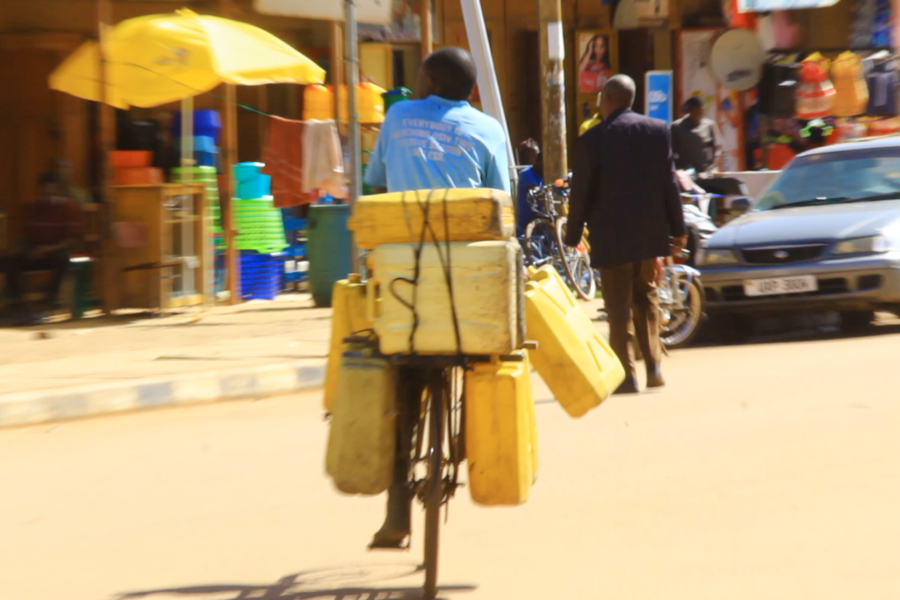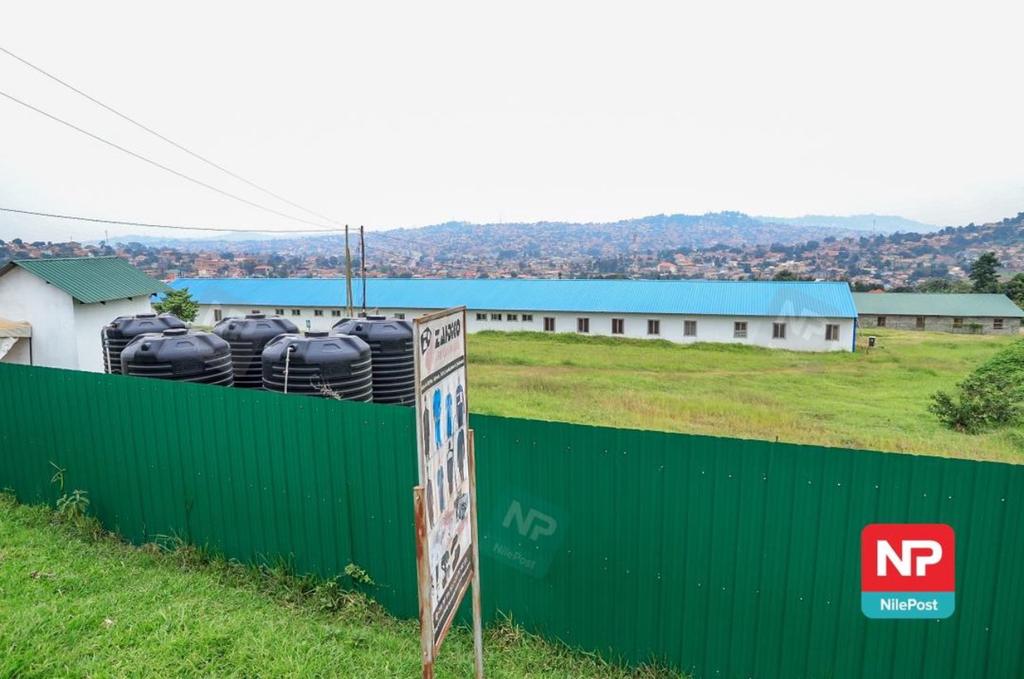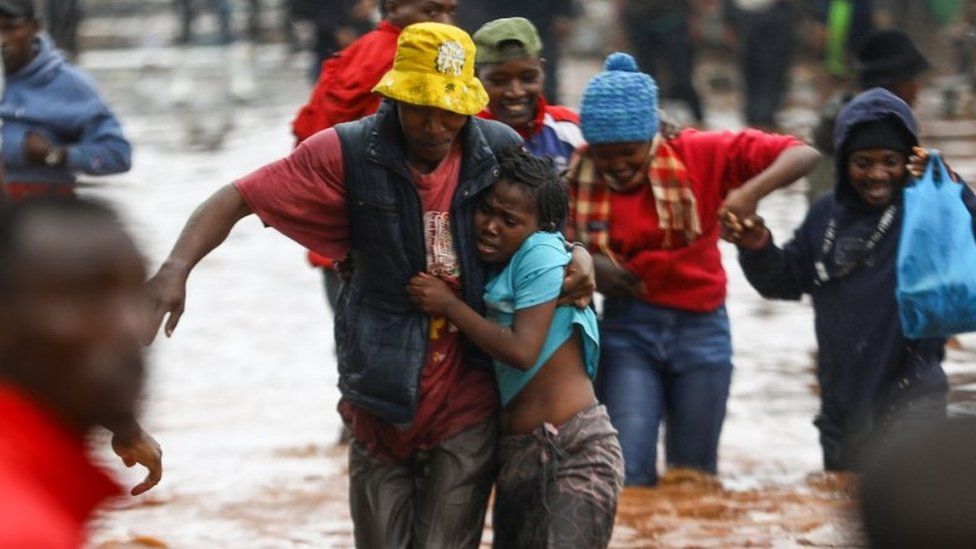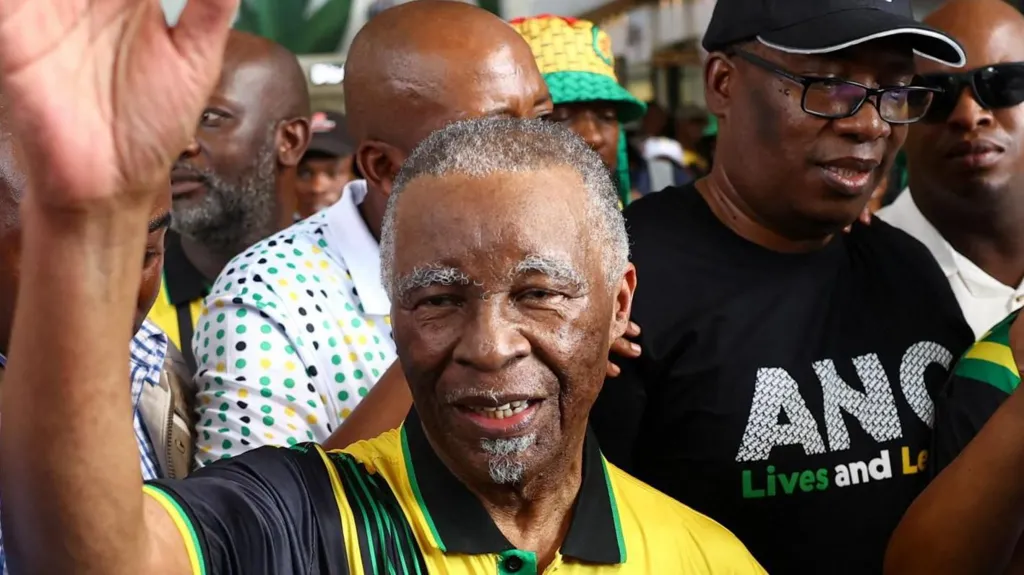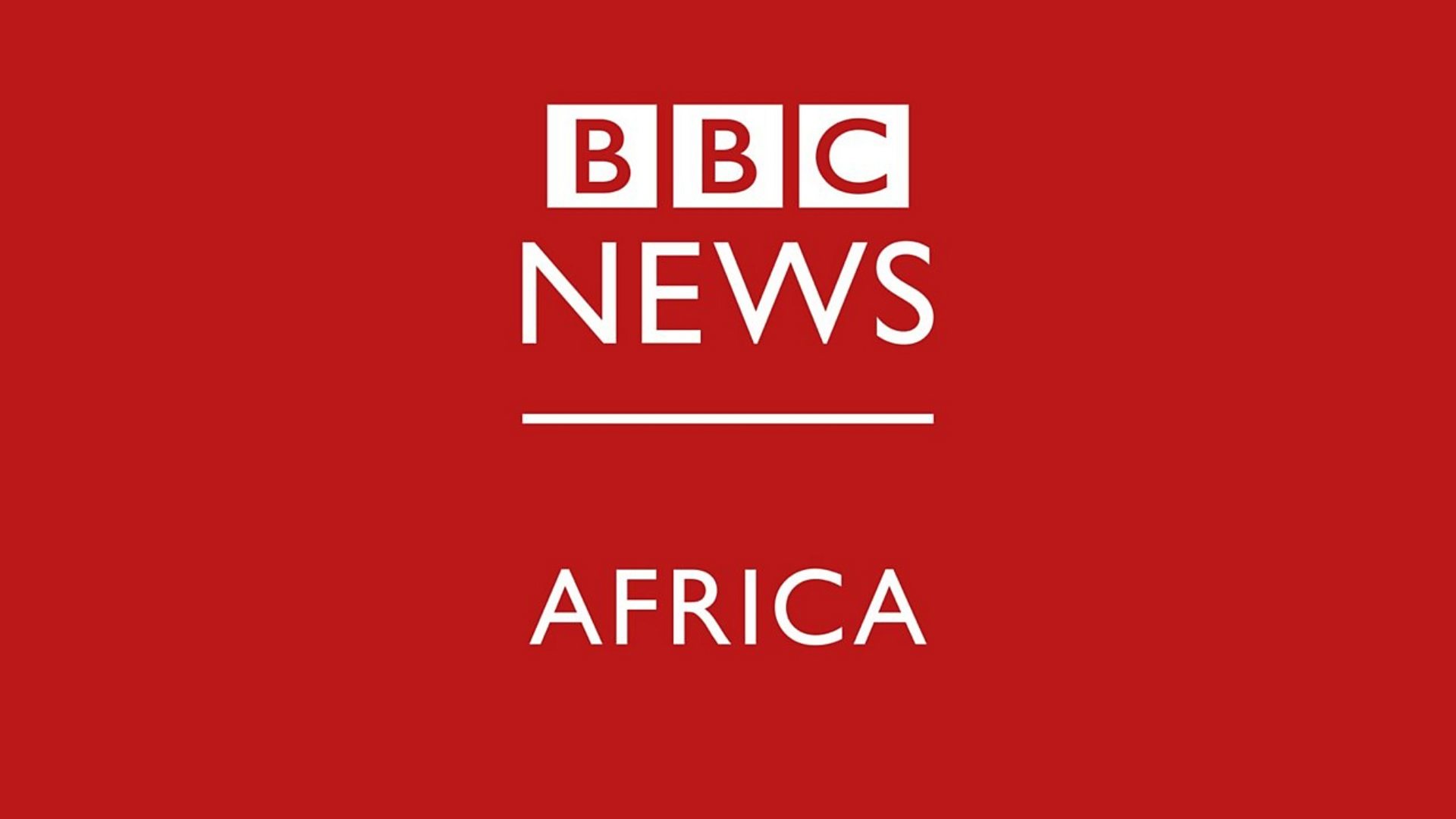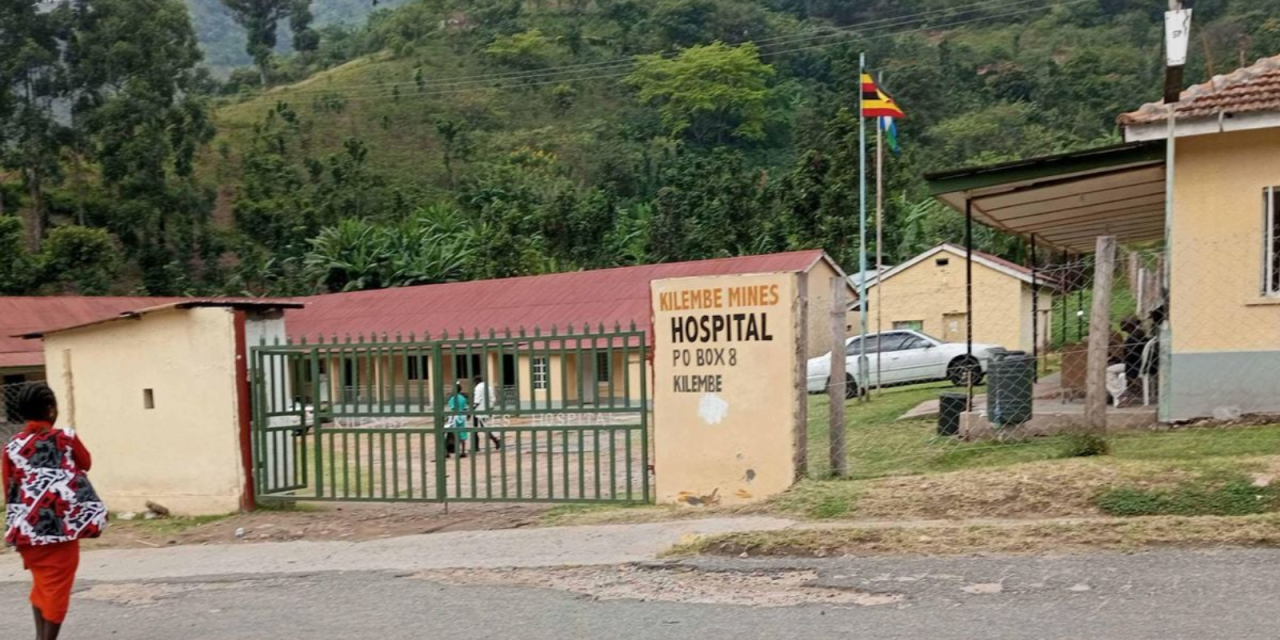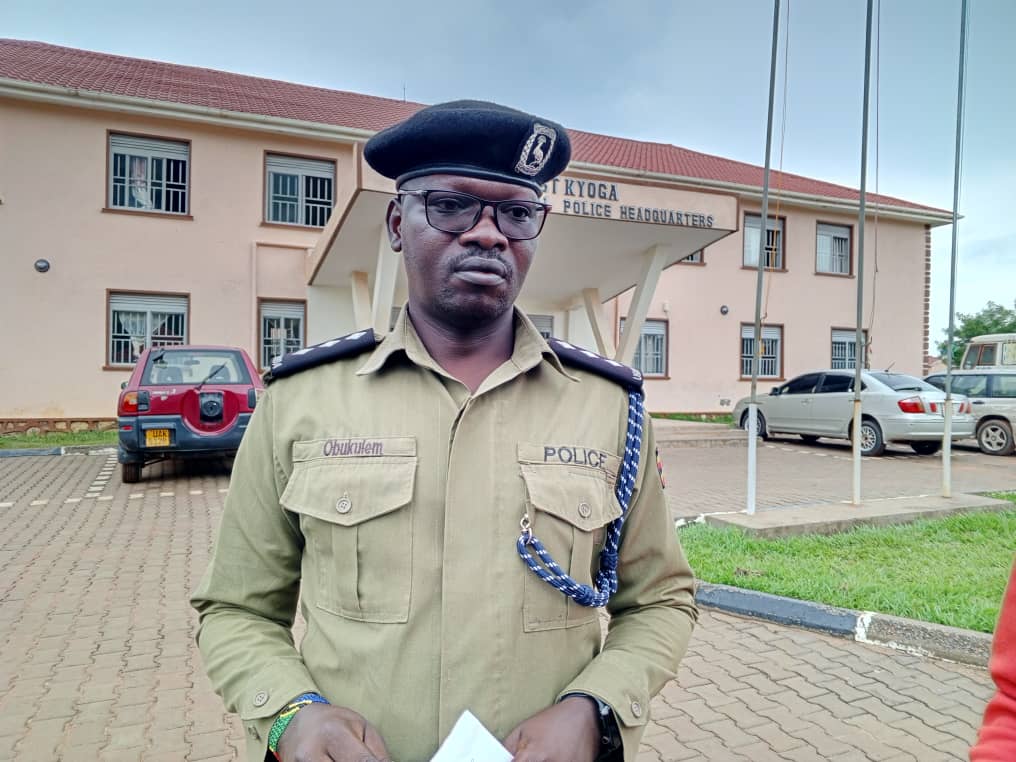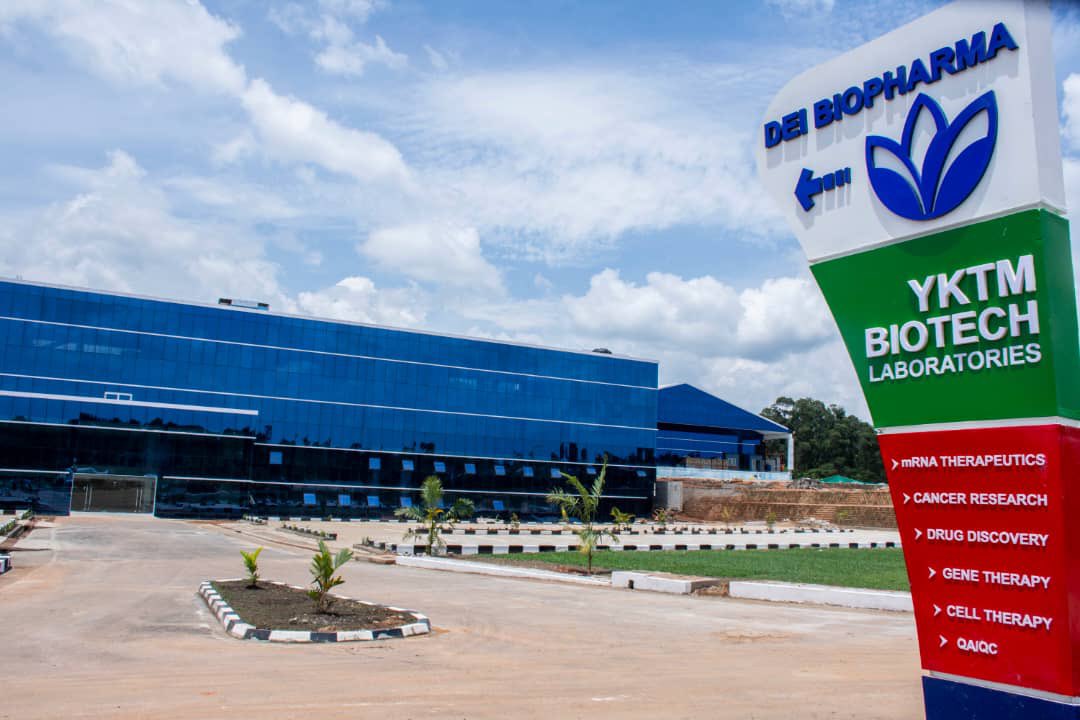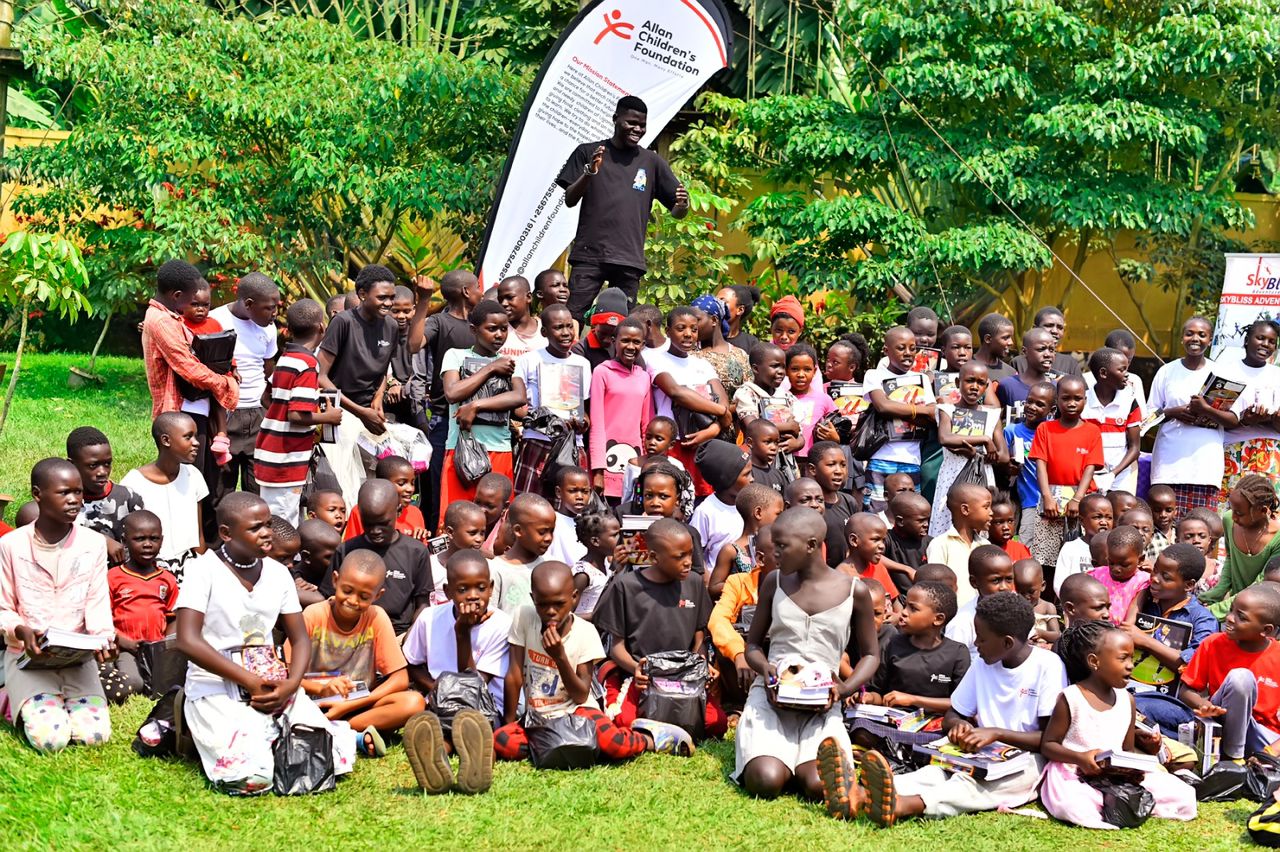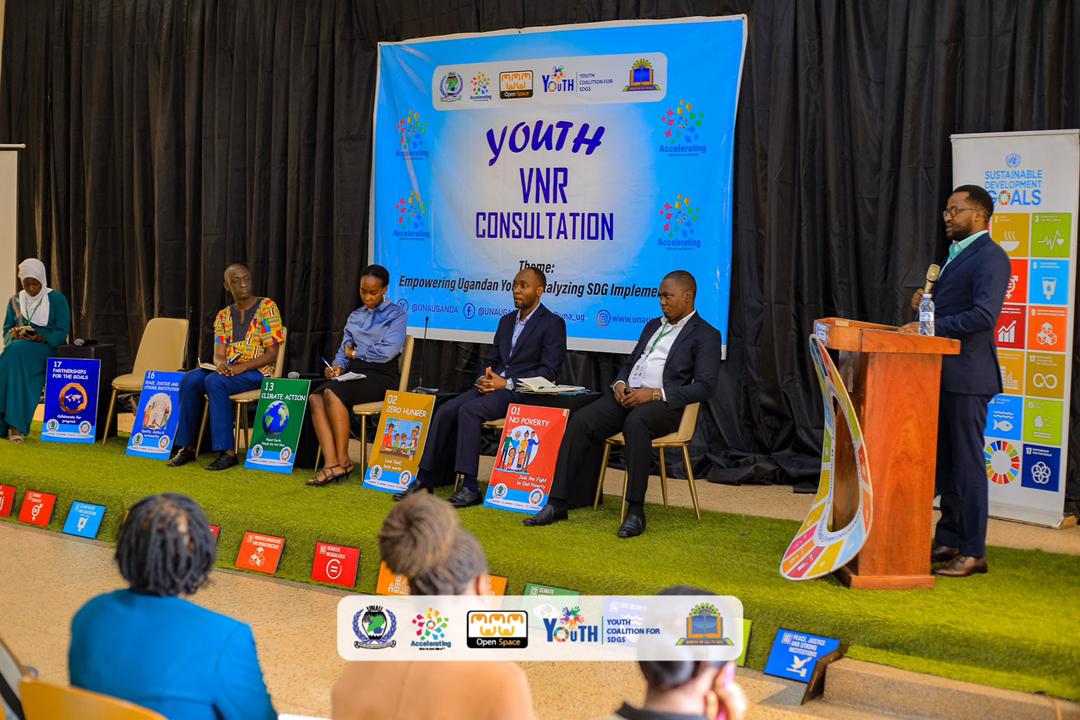Humanitarian workers have been key in the fight against Covid-19
Aggrey Nyondwa
If there has ever been a time to applaud humanitarian workers for their courage, benevolence and resilience, it is now.
Just like their colleagues in the health sector, humanitarian workers have had to sacrifice a lot, and risk their lives serving at the frontline of a global pandemic that has killed over 600,000 people.
The courage to leave behind their families in a difficult season, in order to serve vulnerable communities, in the face of a pandemic, should be hailed.
When COVID-19 hit the world, it changed the landscape for humanitarian work. Humanitarian work, especially involving INGOs almost entirely depends on travel.
This include transporting relief items and aid workers. With the travel restrictions and lockdowns across nations, humanitarian access was greatly hindered, especially between February and May. It took bravery and innovativeness for agencies to ensure that humanitarian work continues, and that aid workers are kept safe too.
World Humanitarian Day (that we are celebrating today) was initially designed to advocate against violence and attacks towards aid workers. However, today, the threat they face goes beyond combat, it’s a deadly virus, one that has caused havoc across the globe. Many aid workers refer to theirs as a call, and are not about to back down.
Unfortunately, even in the face of a pandemic, conflict ensues. This presents aid workers with a double threat. They could be killed, kidnapped or captured, or risk contracting the virus as they serve vulnerable communities at the frontline.
On the 23rd March, the UN Secretary general called for a global ceasefire among warring camps to allow the pandemic to pass, but according to a report by Insecurity Insight, this fell on deaf ears.
The Geneva-based group tracking threats in crisis areas reported that between March and June more than 265 violent incidents related to Covid-19 were recorded, targeting mainly health and aid workers.
According to the UN, in 2019, 483 aid workers were attacked: 125 killed, 234 wounded and 124 kidnapped in a total of 277 separate incidents. It is absurd to have such incidents continue to happen at such a time like this.
It is the relentless effort of aid agencies and humanitarian workers, that has made the spread and impact of COVID-19 less catastrophic, especially in fragile contexts. By context, humanitarian workers work in unique situations, where health and other services are minimal.
These include war zones, refugee settlements, disaster torn areas, and impoverished communities. The impact of such a pandemic in these areas would be far greater without humanitarian intervention.
“Refugees are already vulnerable people, and COVID-19 has just made the situation a lot worse for them. We had to stay and support them through this difficult time,” says Musa Rothomio, a humanitarian worker working with World Vision in Uganda.
In Musa’s tone, you can feel the determination and resilience of the thousands of humanitarian workers, from over 2,000 agencies in Uganda.
Scientists, health workers, armed forces, bureaucrats, and the academia have had their own fair share in the fight against COVID-19 and its spread. It is however also worthy to note that humanitarian agencies and workers have equally had an underlying role.
The overwhelming vastness of the COVID-19 outbreak, could not have been counteracted, without such concerted efforts and unique approaches.
In this fight, humanitarian workers have mostly targeted vulnerable communities with awareness messages and risk communication to help curb the spread of the virus. They have also ensured that supplies, including medical, hygiene, protective gear and food reach such communities, and health centres and workers.
Humanitarian agencies are tapping into their wealth of knowledge from the past in dealing with health emergencies. World Vision is leveraging its vast experience from the Ebola outbreak in West Africa and in DRC, and lessons learned from collaborating with local partners and faith leaders, to broadcast messages of hope and awareness.
Over 1500 faith leaders have been engaged by the aid agency in Uganda. This has greatly brought down the level of sexual and gender-based violence, against women and children in Eastern Uganda, during the COVID-19 lockdown.
Aid agencies and workers now have to start looking at the long-term effects of the pandemic, because after responding to the outbreak, communities will still need livelihoods to carry on with life. They will need food to eat, seeds to plant, and children will have to be supported back to school.
The role of the humanitarian sector therefore doesn’t stop at curbing the virus, but will go on even for years throughout the aftermath of the pandemic.
The author is a Humanitarian Communications Expert.


